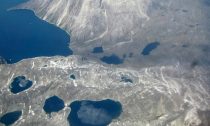
The heat wave that smashed high temperature records in five European countries a week ago is now over Greenland, accelerating the melting of the island’s ice sheet and causing massive ice loss in the Arctic. Greenland, the world’s largest island, is a semi-autonomous Danish territory between the Atlantic and Arctic oceans that has 82 per cent of its surface covered in ice.
The area of the Greenland ice sheet that is showing indications of melt has been growing daily, and hit a record 56.5 per cent for this year on Wednesday, said Ruth Mottram, a climate scientist with the Danish Meteorological Institute. She says that’s expected to expand and peak on Thursday before cooler temperatures slow the pace of the melt.
More than 10 billion tonnes of ice was lost to the oceans by surf...
Read More









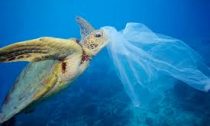


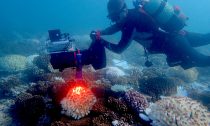
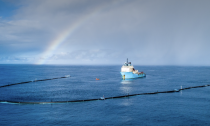
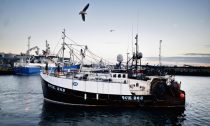
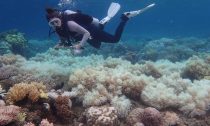
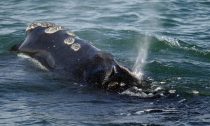
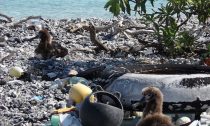

Social Profiles